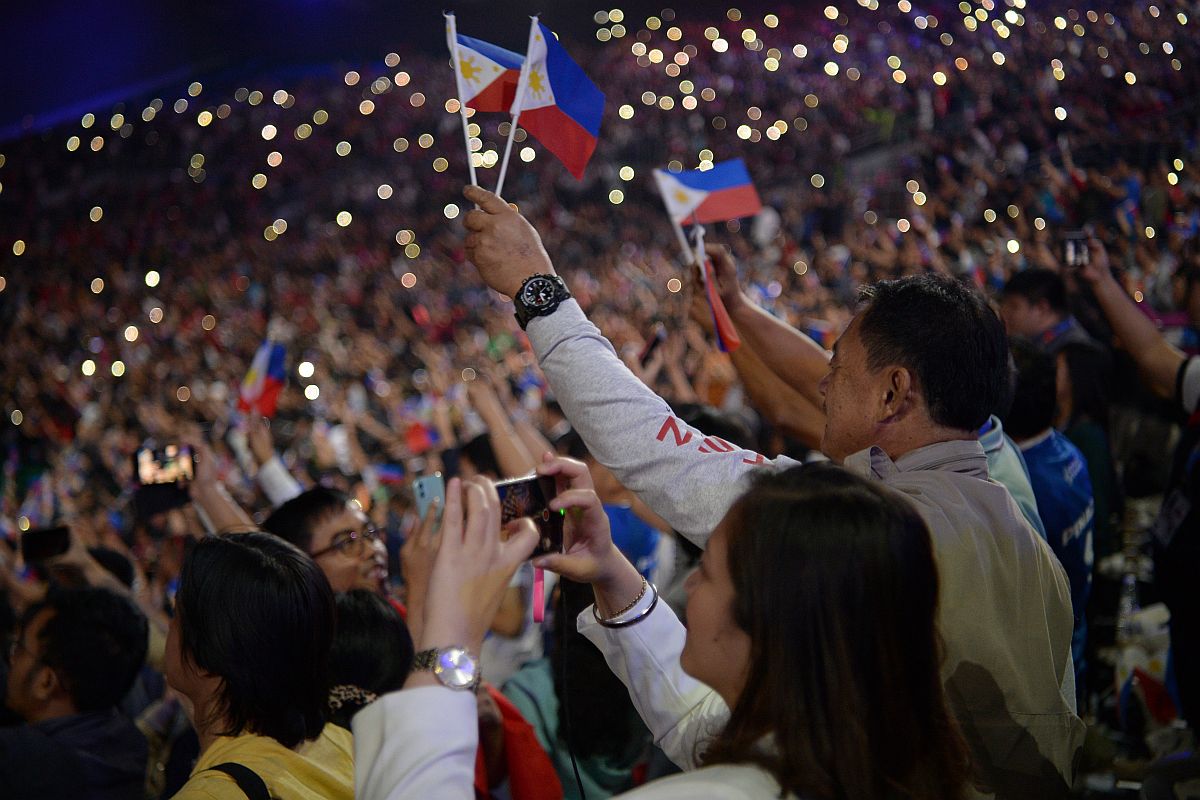In the archipelago of the Philippines, where history intertwines with the present, a modern-day Shakespearean drama unfolds. The ongoing feud between the Marcos and Duterte clans, reminiscent of the Montagues and Capulets, serves as a cautionary tale of the perils of dynastic politics and personal vendettas overshadowing the greater good of the nation. At the heart of this feud lie two powerful families, each with its own legacy of controversy and corruption. On one side stands the Marcos dynasty, epitomised by the shadow of a brutal dictator whose reign was marked by oppression and plunder. Opposing them is the Duterte clan, led by a President whose tenure was characterised by a ruthless war on drugs and a penchant for inflammatory rhetoric.
Their animosity is not merely a matter of personal disdain. It has real consequences for the Filipino people and their future. As the two families engage in a battle for supremacy, governance is compromised, and the nation’s progress is hindered. The recent skirmishes over confidential funds and constitutional revisions highlight the extent to which personal ambitions overshadow public service. Moreover, the unpredictable nature of this feud leaves foreign policy in flux, with alliances shifting as quickly as the winds of political fortune. From cosying up to China to pivoting back towards America, the Philippines finds itself caught in a geopolitical tug-of-war, with little clarity on its long-term strategic direction. But perhaps most concerning is the impact of this feud on the democratic process itself. As the Marcos and Duterte camps gear up for the next election cycle, the spectre of dirty politics looms large. With both families facing potential legal repercussions for past misdeeds, the campaign is likely to be marred by mudslinging and character assassination, further eroding trust in the political establishment. Yet, amid this turmoil, there remains hope for a brighter future.
Advertisement
The Filipino people have shown resilience in the face of adversity, rallying behind causes such as education reform and anti-corruption efforts. Grassroots movements and civil society organisations continue to push for accountability and transparency, challenging the entrenched power structures that perpetuate dynastic rule. Their efforts serve as a beacon of light in the darkness, reminding us that change is possible when the people unite behind a common cause In the end, the Philippines stands at a crossroads. Will it succumb to the petty squabbles of feuding families, or will it rise above the fray and forge a path towards true democracy and prosperity? The answer lies not in the hands of politicians or dynasts, but in the collective will of the Filipino people to demand better and strive for a brighter tomorrow. For only by transcending the legacy of the past can the Philippines truly fulfil its immense potential and claim its rightful place on the global stage.
